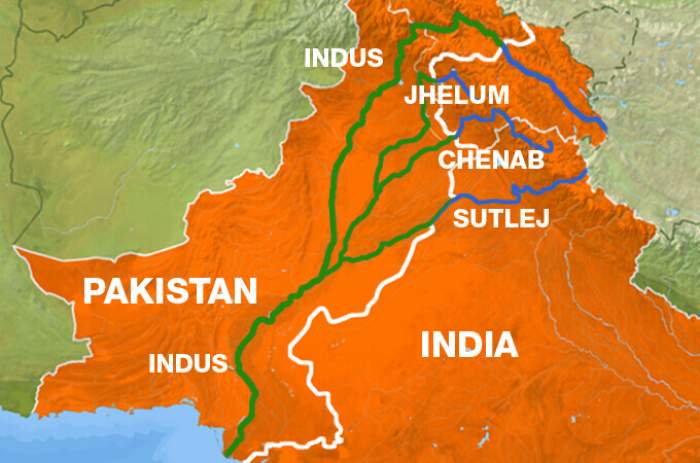It was on September 19, 1960 that the famous Indus Water Treaty (IWT) was signed between the south Asian states of India and Pakistan, resulting in a lessening of tensions between the two neighbours over the sharing of waters of the Indus river. The deal was brokered by the World Bank and is being seen as an instance of peaceful co-existence as far as sharing of river waters is concerned between two adjacent countries anywhere in the world. The Bank to this day is proud of the fact that the treaty functions.
As a responsible upper riparian state fully abiding by the protocols of the Treaty, the role of India has been extraordinary, but lately as its relations with Pakistan have become difficult to manage, the country has come under stress to stick to the provisions of the treaty.
In 1947, when the Partition of the sub-continent took place, partitioning the Indus waters system was unavoidable because the six rivers of the system were like a lifeline for the plains of Punjab. An agreement was reached that the three ‘western rivers’ (Indus, Jhelum and Chenab) will be allocated to Pakistan and the three ‘eastern rivers’ (Sutlej, Ravi and Beas) will be assigned to India.
Though the treaty seemed balanced, a large part (80.52 %) of the water flow of the Indus system was conceded to Pakistan by India. Such an example of generosity is rare on the part of an upper-riparian country.
In the immediate aftermath of Independence, water was critical for India’s as well as Pakistan’s development plans. India needed the waters of the ‘eastern rivers’ for the planned Rajasthan canal and the Bhakra Dam. These two projects, if left unattended, would make the states of Punjab and Rajasthan dry, severely impacting the production of food-grains in this green belt of India.
While initiating the Bhakra Canals project in 1963, Jawaharlal Nehru, described it as “a gigantic achievement and a symbol of the nation’s energy and enterprise”. On the other side of the border, however, there were grievances because it was perceived there that India had got the 33 million acre-feet on the eastern rivers without any price. Though Nehru did not want the Bhakra Canals project to be implemented at the cost of reduced water supplies to Pakistan as this would dent the credibility of India in the world’s eyes, he hoped that the two countries should, on mutual consensus and understanding, someday come to live “amicably and cordially as the United States and Canada live in North America”.
Today, whenever there is a dip in relations with Pakistan, there emerges a consensus for abrogating the Indus Water Treaty as a response to Pakistan’s cross-border terrorism. However, on each occasion India chooses to avoid doing so, because of a number of factors.





